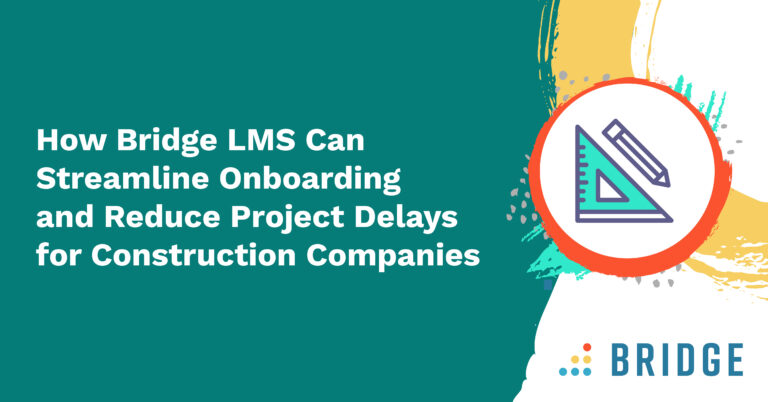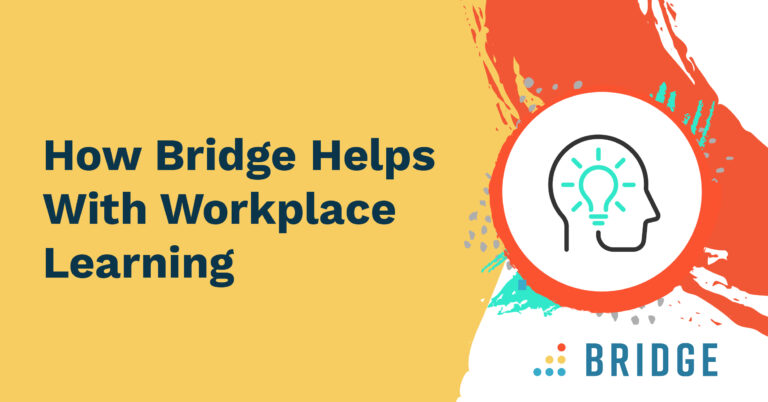A recent BBC story reported that 43 out of 50 of the UK’s biggest employers have decided that they will never be going back to the office full-time. This means that over one million employees will be living a hybrid working life. I’m sure this is just the tip of the iceberg for the way employees’ lives have changed. Even the companies that return to full-time office-based work will have to adapt to changing expectations post-pandemic.
Employees want more flexibility and autonomy when it comes to their careers. This creates new challenges particularly as many are also anxious about how the pandemic has affected their career development. One survey of office-based workers across Europe found half of all those surveyed were anxious about a lack of training and keeping skills up to date during the pandemic.
To quell these concerns, and keep up with new expectations, you need to be making sure you are taking care of learning, development, and performance management in a systematic way, regardless of whether you are planning to return to the office or not. Below are three tips to make sure you are supporting career development to come out of the pandemic stronger than ever.
1. Make Sure Line Managers are Holding Regular 1-2-1’s
Whether you are expecting to return to the office full time or are planning to implement hybrid working, line managers are more important than ever to keep teams aligned and connected as well as reassuring employees that their development is important to your business.
Three years ago we commissioned some research which showed that frequent 1-2-1s left people feeling more in control of their own development. It also showed that they could develop more quickly because they have regular feedback on what they are doing well and where they need to improve. So, make sure line managers are holding regular 1-2-1’s. It will ensure that employees understand how they are performing, can raise any concerns they have, and can get the support they need to improve.
2. Have a Way for Your Employees to Give Anonymous Feedback
Line managers are important, but so is anonymous structured feedback. Some employees won’t feel comfortable voicing concerns to their managers. So, make sure you have the ability to capture feedback anonymously.
Once you have gathered initial information, continue to ask for regular feedback so you can identify changes that need to be made and adapt accordingly.
3. Have Flexible Learning Opportunities
If you are going to invest in learning and development, you need to make sure that you are allowing people to get the most out of the opportunities you provide. Training and development programs need to be self-paced and accessible online. This will allow your employees to decide when learning fits best into their personal schedule and feel more in control of their own development.
Changes made during the pandemic have shown how resilient businesses and employees can be. They have also highlighted the need to help employees upskill and reskill to meet changing needs. If hybrid working is now a fact of life, then learning and development needs to be more flexible and embedded in the culture of the organization. It would be great to hear how you are adapting your L&D approach.



